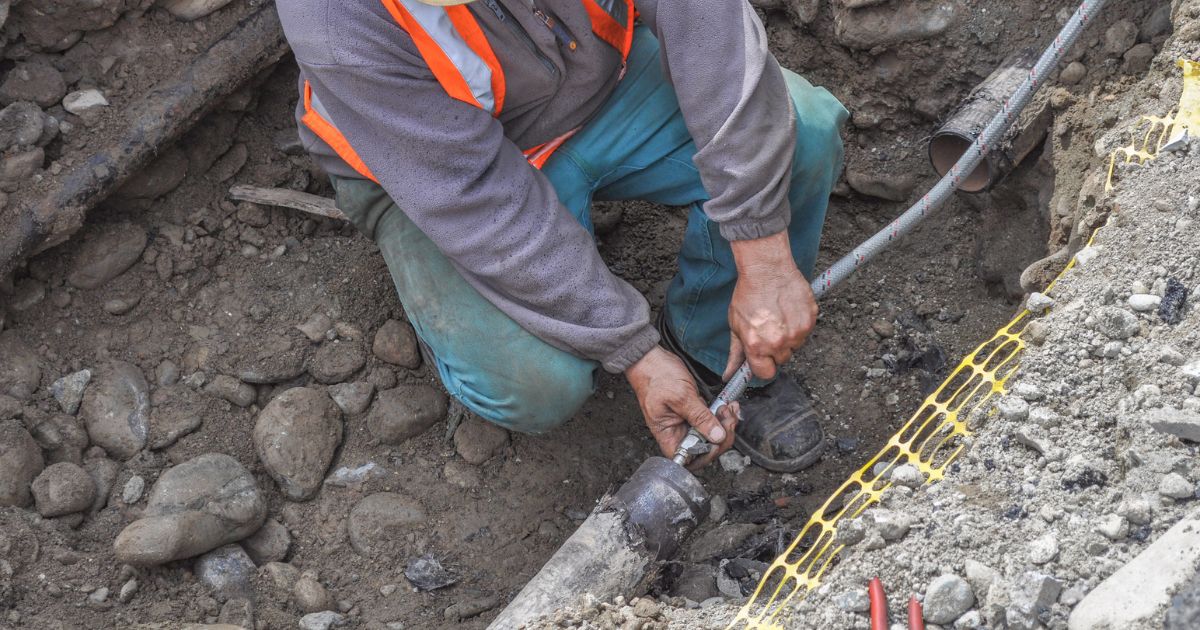MENU
- Home
- Overview
- Attorneys
- Practice Areas
- Firm News
- Blog
- Contact

Underground storage tanks (UST) store hazardous substances and petroleum for residential and commercial purposes but are vulnerable to leaks. They are regulated by the Environmental Protection Agency (EPA). Still, the risk of contaminated groundwater is very real.
The EPA does not regulate every UST in the country, but the laws apply to large ones at gas stations and other locations. They do not apply to ones with 110 gallons or less, farm and residential ones of 1,100 gallons or less that hold motor fuel, USTs that store heating oil used right on the premises where it is located, and under other circumstances.
The signs of a residential UST leak include gas vapors in the basement, a noticeable petroleum smell in the air and water, and stains on the soil by the tank. If these red flags are noticed, contact your local government and ask for help locating the right agency for remediation.
Unsurprisingly, poor installation or maintenance is one of the leading causes of these leaks. A UST must be appropriately installed and needs routine care. Ground vibrations, floods, construction activities, and other physical impacts can also damage them.
Underground storage tanks and their pipes can also corrode when made of steel; newer ones are double-walled fiberglass and have built-in leak detectors. An older UST might also be more prone to dispenser leaks and leaks that originate in their submersible transfer pumps.
Leaks can also develop when a UST is filled with too much liquid. Although modern fill ports help eliminate this problem, older ones might have overflows that spill into the ground after their hoses are disconnected. The seals on a UST can also dry out, crack, and leak – fiberglass project lines and tanks can also leak when the fittings are not installed correctly.
A leaking UST can leach hazardous substances into the soil and cause minor health issues like headaches and more serious ones like liver or kidney damage. If the leakage gets into the groundwater and your home has a private well, your drinking water could be affected. Exposure to those substances can be hazardous, and the vapors can get into your home’s sewer lines, pipes, and basements.
The best ways to prevent UST leaks are to conduct regular inspections, follow a routine maintenance schedule, and respond quickly if you think there is a leak. It could be from a tank buried in your yard, a neighbor’s yard, or a nearby commercial site. In some instances, a negligent party might be held responsible for a leak.
A leaking UST can cause severe damage to people’s health and the environment. To learn more, contact our experienced Wilmington environmental lawyers at Jacobs & Crumplar, P.A. Complete our online form today or call 302-656-5445 to schedule a consultation. Located in Wilmington and Millsboro, Delaware, we serve clients in Dover, New Castle County, and Sussex County.